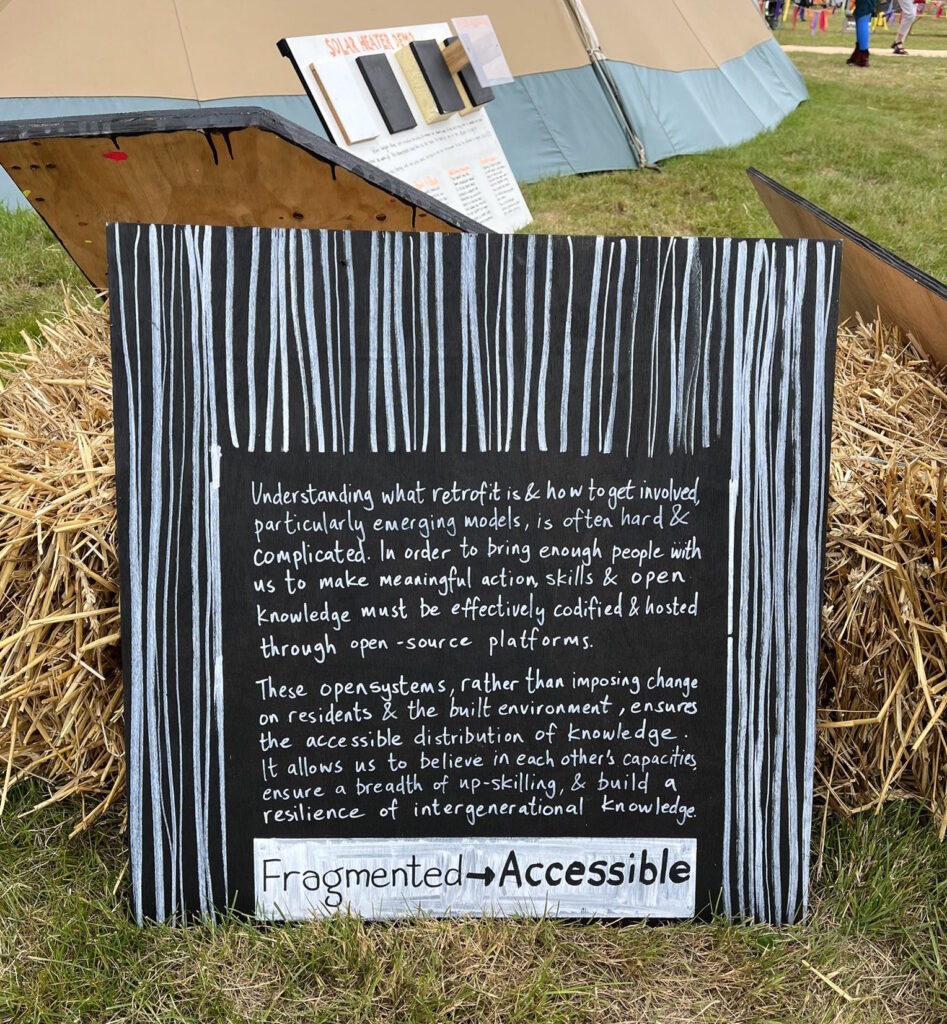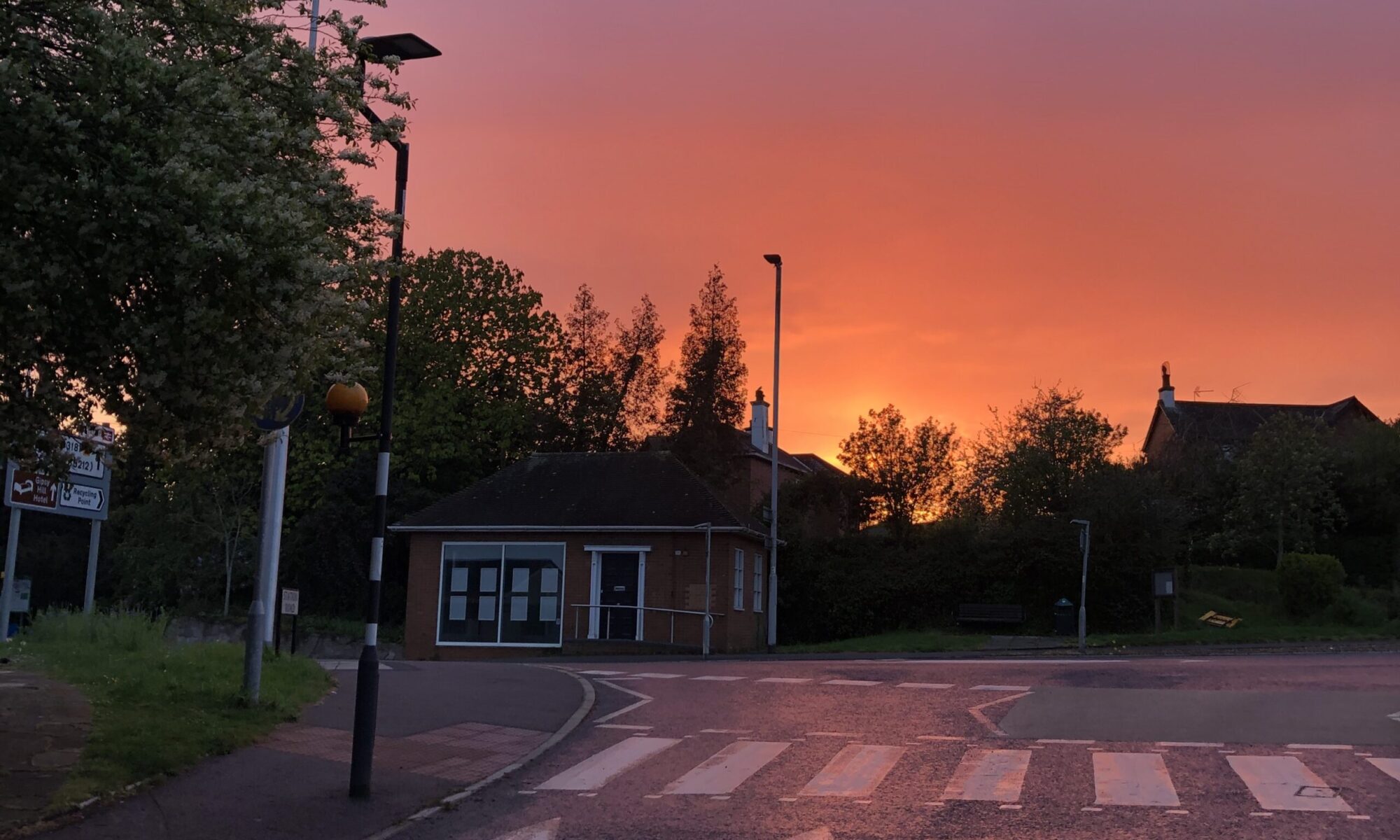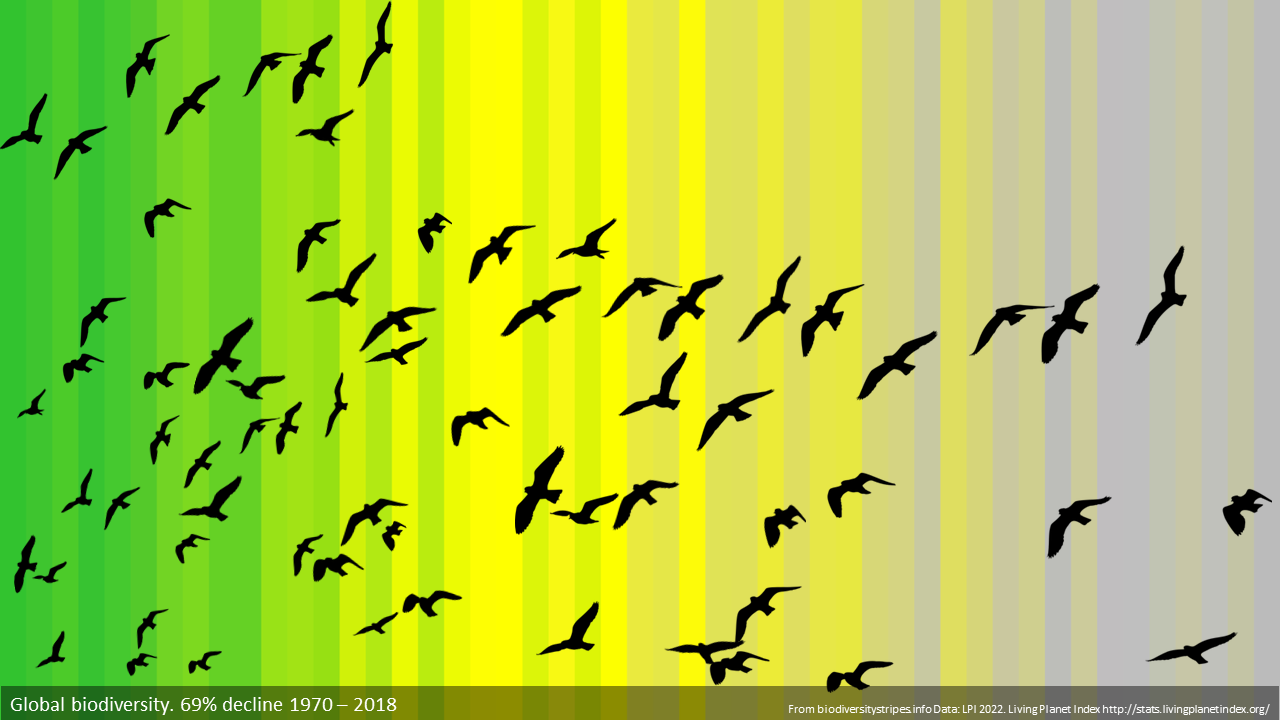Collective Commons is a research-based project developing a community of practice to share systems thinking with communities. We use a collective convening approach to co-develop place-based proposals, using local policy frameworks to explore opportunities for social tipping points.
Collective Commons is co-creating a library of place-based information about Pinhoe. Developing an evidence-base with residents, researching details of local authority and national government policies specifically relating to the area, bringing local knowledge together with public data resources and analysis to identify new opportunities for positive change.
Communities hold a deep resource of knowledge about their local area: detailed stories of people and place, myths and memories – qualitative or warm data alongside quantitative analysis. Collective Commons brings this information together in a public resource, a data commons co-created with the community, facilitating transformative knowledge exchange between communities and public organisations.
PINHOE is the first case-study developed with support from members of the Exeter Living Lab, part of the Global Systems Institute (GSI) at University of Exeter. The project builds from the neighbourhood forum and community support mutual aid group convened in Pinhoe, 2019-22.
SYSTEMS THINKING & CONVENING
The challenges of bringing people together across the social landscape of a city or community, are subject to varied practices, goals and cultures, across a range of institutions with frequently competing priorities and shifting political baselines. This complexity sits within the growing movement for participatory democracy and the urgent need for systemic change to mitigate the impacts of the climate crisis.
Thinking in systems involves immersive consideration of motives, priorities, cultures and contexts, alongside a broad view of the political landscape and deep understanding of the implications of and opportunities for change.
Systems convening seeks unrealised potential across traditional boundaries and silos, working to open spaces for new kinds of conversations between people on different sides of a boundary, whether that’s geographic, cultural, disciplinary, political, organisational or social. Systems convenors spot opportunities for creating new learning partnerships across boundaries, often among unlikely people.
COLLECTIVE CONVENING
Collective Commons proposes collective convening as close collaboration with the community to co-develop an indigenous view of place-based solutions. Beginning from the methodology of systems convening to identify modelling opportunities, deepening the connection to and direction of place by developing evidence-based analysis rooted in a collective sense of identity, perspective and priority.
For a system to change it must first be made visible
Local authority documents use industry-specific, technical language, referring to complex protocols. Documents refer to documents within other documents, some of which are no longer available or have been updated and filed in different places online, or have broken links making them difficult to find. Whether it’s planning decisions or travel strategies, pollution monitoring or public access – a place-based view can reveal both conflicts and opportunities in policy details.
When you read a planning application, can you find the relevant information? Does it make sense?
Is the process of local representation clear to you?
When you see traffic works, do you know how long roads will be closed, what they’re doing and why?
Worried about traffic speeds on your street?
Where are the air pollution monitors placed and how are the results published?
What is the local transport strategy? Are bus routes being changed?
Are there plans for active travel projects?
OUR MISSION: to co-create a systems view of place-based information, collaborating with communities to identify opportunities for positive change; inspired by social activism, building on the work of community commons and open data organisations globally.
HILARY COTTAM: RADICAL HELP > new ways of organising living and growing that have been developed with communities across Britain. “Audré Lorde famously tells us, ‘that [the] master’s tools will never dismantle the master’s house. They may allow us to temporarily beat him at his own game, but they will never enable us to bring about genuine change’. In other words, if we want to make deep change in the world, not simply produce ideas, then we need to work in new ways with new questions, new tools, new voices”


